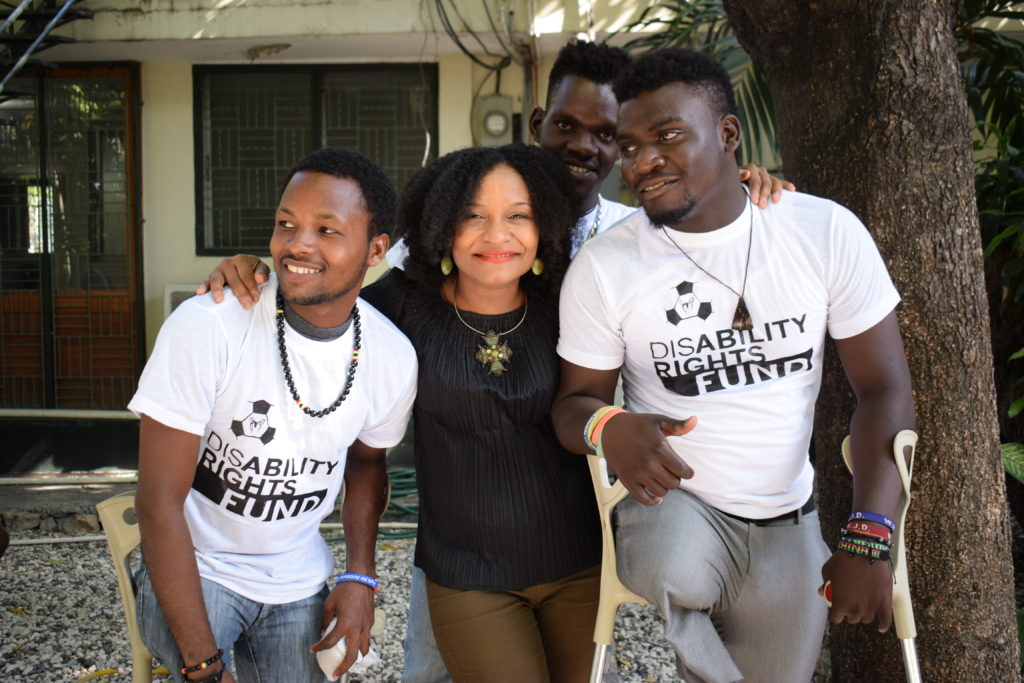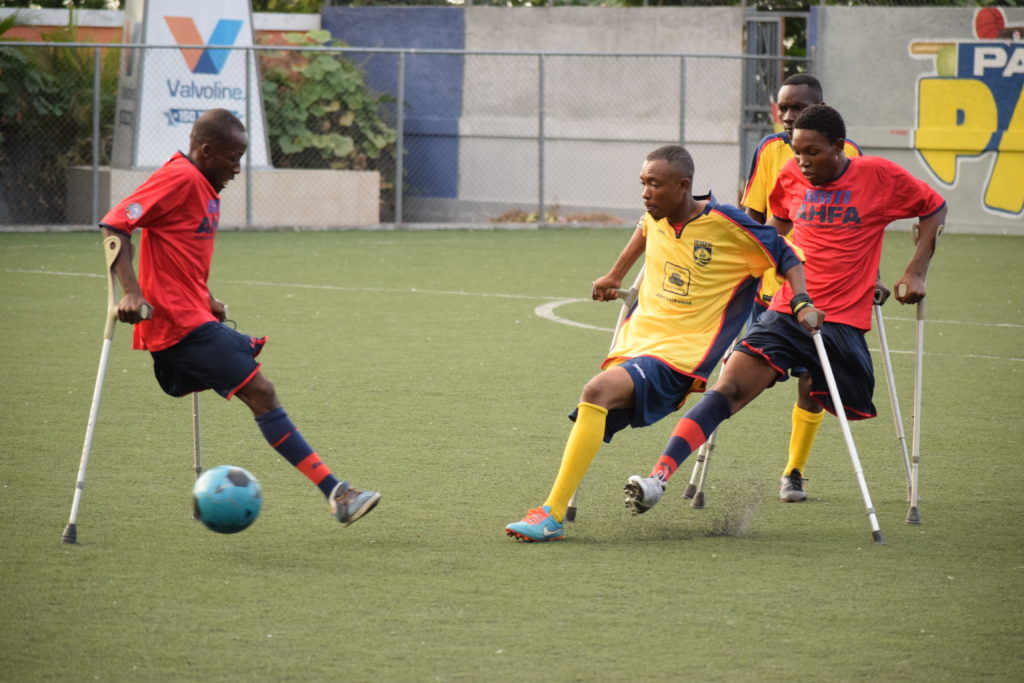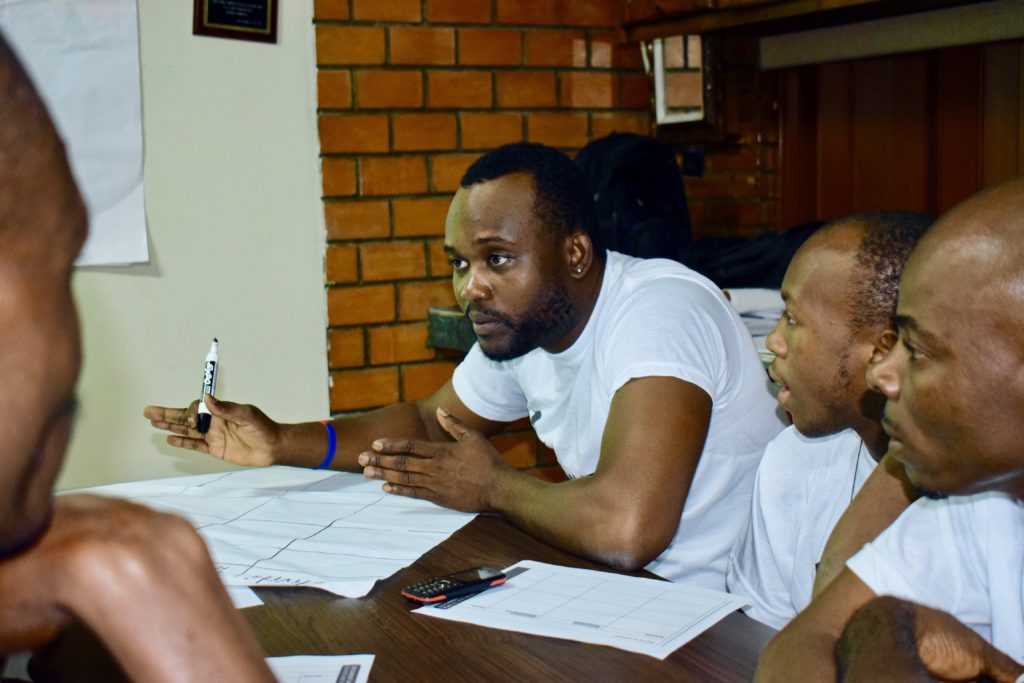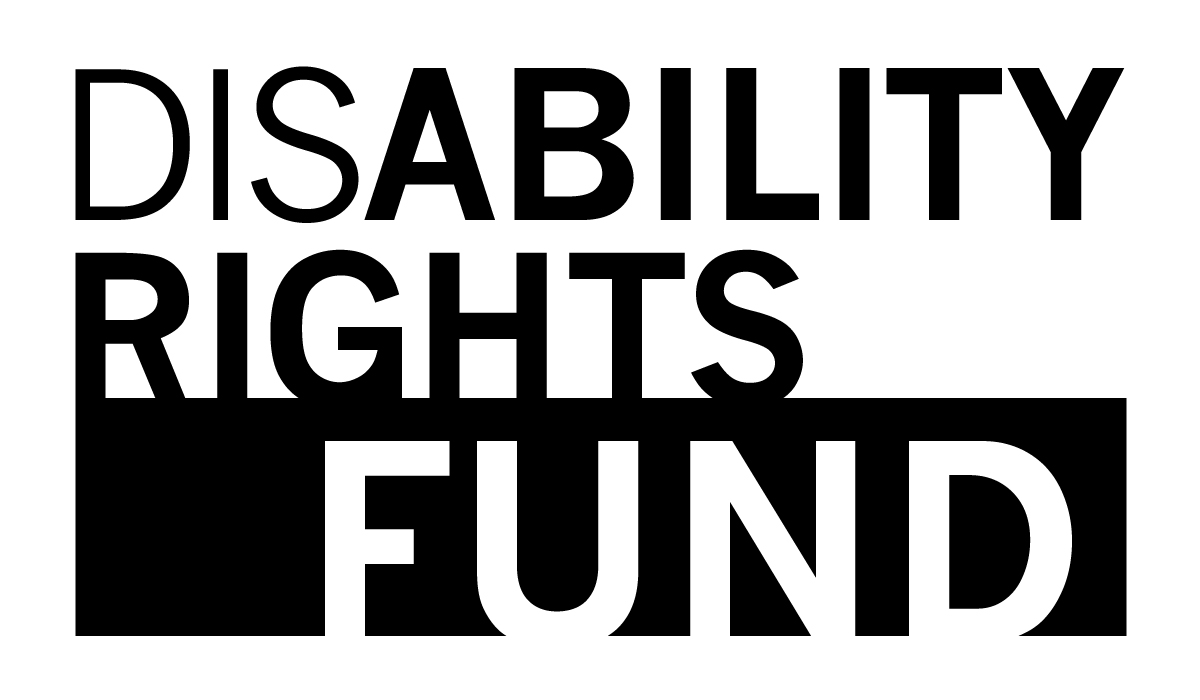
On January 12, 2010 a devastating earthquake hit Haiti, changing 34 year old Pierre Mackenson’s life forever.
He was at school, where he was training to be an electrician, when the earthquake struck. The shaking was so strong it caused the ceiling to collapse, trapping Pierre underneath. He shouted for help, but only one of his friends, Fabrice, answered.
The hours went by and the men had no idea what time it was. Eventually, Fabrice stopped talking. After three days under the rubble, Pierre was rescued by his family. He was taken to a hospital where the doctors explained that they would have to amputate his leg.
In Haiti, people with disabilities aren’t treated the same way as those who are able-bodied. Pierre didn’t want being different to stop him and he was determined to make the most of life, despite his disability. His family didn’t want him to become an electrician, thinking it would be too difficult for him, but he persevered, finished his training and is now qualified.
Like many young Haitians, Pierre also loved playing football. It was his dream to become a professional football player but after the earthquake he thought he would never play again.
Then he was introduced to Club Zaryen, a football club in Haiti, supported by UK aid and the Disability Rights Fund. All 28 players are amputees, half of which became amputees due the earthquake.

MacKenson said: “I used to play football in the morning and in the afternoon with my friends. After the earthquake, and when my leg was amputated, I thought I’d never play football again. Playing football for Club Zareyn has helped me regain confidence — when I am on the field, there are no barriers.”
Many of the players have been shunned from Haitian society. People with disabilities are often disowned by their families as they are perceived to be useless and a burden. It’s hard for them to find jobs because of the discrimination they face, deepening the inequalities. Because of the state of the roads and inaccessible transportation, those with mobility issues are unable to travel to work, school, the shops or to a hospital.

Club Zareyn is determined to change the hearts and minds of Haitians by showcasing the players’s talents.
In addition to training for their football games, the team is also training to become disability advocates. Before joining the football team Mackenson wanted Haitian society to be more compassionate towards disabled people. But now, following his Club Zareyn training, he and his teammates better understand the rights they have and want to spread the message that disability rights are human rights.
This article appeared in the first edition of the Manchester City Disabled Supporters Association magazine (p. 44) which is distributed at Machester City’s football games.
